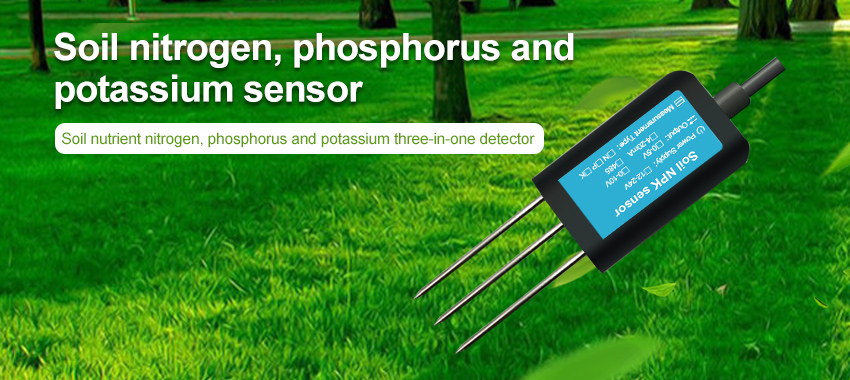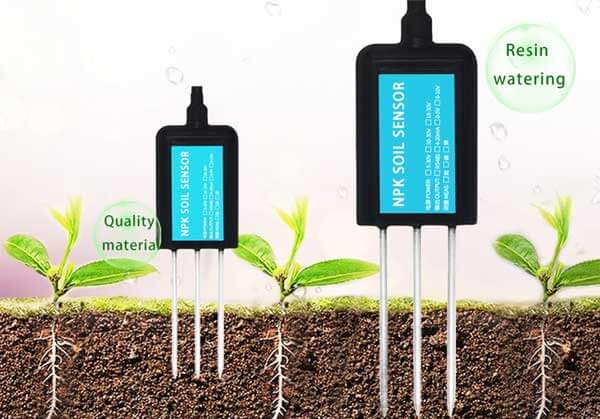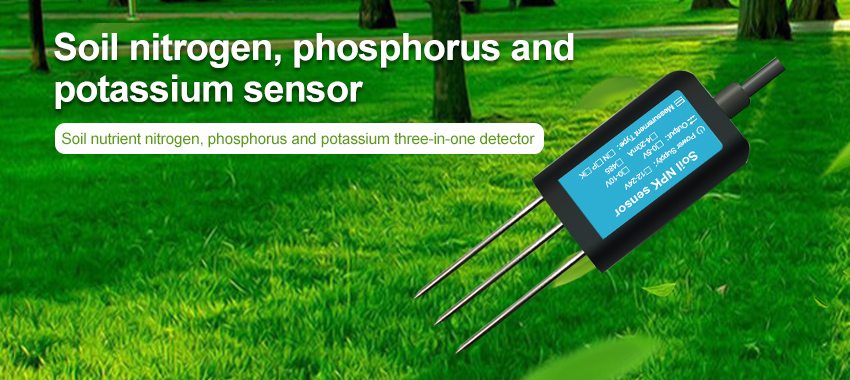The agricultural industry is evolving rapidly, driven by the adoption of advanced technologies that aim to optimize farming practices and improve crop yield. One such technology that is revolutionizing the way we cultivate crops is soil sensors. Soil sensors provide valuable data about soil conditions, empowering farmers to make informed decisions regarding irrigation, fertilization, and overall crop management. In this article, we will explore the transformative role of soil sensors in modern farming practices and how they unleash the power of data to enhance crop productivity.

The Need for Precision Agriculture:
Traditional farming practices often rely on generalized approaches that treat large areas of land uniformly. However, variations in soil properties and nutrient levels within a field can significantly impact crop growth and yield. Precision agriculture emerged as a solution to this problem, utilizing technology to tailor farming practices to specific needs at a micro-level. Soil sensors play a crucial role in precision agriculture by providing real-time data that enables precise decision-making and optimal resource usage.
Understanding Soil Sensors:
Soil sensors are devices designed to measure and monitor various soil parameters that affect plant growth. These parameters include soil moisture, temperature, pH level, nutrient content, and electrical conductivity. By accurately measuring these factors, soil sensors provide farmers with a comprehensive understanding of soil health and fertility, allowing for targeted interventions.
Real-Time Monitoring of Soil Moisture:
Water is a vital resource for plant growth, and its availability in the soil directly affects crop productivity. Soil sensors equipped with moisture probes measure soil moisture content at different depths. This data helps farmers determine the optimum timing and quantity of irrigation, preventing under or over-watering. Real-time monitoring of soil moisture ensures that plants receive the right amount of water when they need it, leading to improved water-use efficiency and reduced water wastage.
Optimizing Nutrient Management:
Nutrients in the soil, such as nitrogen, phosphorus, and potassium, are essential for plant growth. Soil sensors provide precise data on nutrient levels, enabling farmers to optimize fertilization strategies. Instead of applying a standard amount of fertilizer across the entire field, farmers can now tailor nutrient application based on specific crop needs. This targeted approach minimizes the risk of nutrient leaching and runoff while maximizing nutrient uptake by plants, resulting in improved crop quality and reduced environmental impact.
Monitoring Soil pH and Temperature:
Soil pH and temperature are critical factors that influence nutrient availability and microbial activity in the soil. Soil sensors equipped with pH and temperature probes continuously monitor these parameters, providing farmers with valuable insights into soil conditions. By adjusting soil pH levels, farmers can create an optimal environment for nutrient uptake by plants. Monitoring soil temperature helps determine the best time for planting and the release of nutrients from organic matter. Both pH and temperature data contribute to informed decision-making and promote efficient crop management.
Detecting Salinity and Soil Compaction:
Soil salinity and compaction are common challenges in agriculture that can hinder crop growth. Soil sensors help identify these issues early on, allowing farmers to take preventive measures. Sensors equipped with electrical conductivity probes measure soil salinity levels, enabling farmers to implement appropriate irrigation practices to mitigate the negative effects of high salt content. Additionally, soil compaction sensors can detect areas with compacted soil, leading to targeted tillage and soil improvement efforts. By addressing these challenges promptly, farmers can ensure optimal plant growth and minimize yield loss.
Integrating Sensor Data with Farm Management Systems:
The true power of soil sensors lies in their ability to collect and analyze vast amounts of data. To harness this power effectively, it is crucial to integrate sensor data with farm management systems. These systems use advanced data analytics and visualization tools to process sensor data and provide actionable insights. Farmers can access this information via user-friendly interfaces on computers or mobile devices, enabling them to make data-driven decisions in real-time. Integration with other technologies, such as satellite imagery and weather data, further enhances the effectiveness of farm management systems.

Benefits of Soil Sensors in Farming:
The incorporation of soil sensors into farming practices offers numerous benefits:
a. Optimized Resource Usage: By providing precise information about soil moisture, nutrient content, and other parameters, soil sensors help farmers optimize resource usage. This leads to reduced fe
